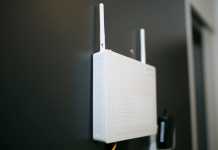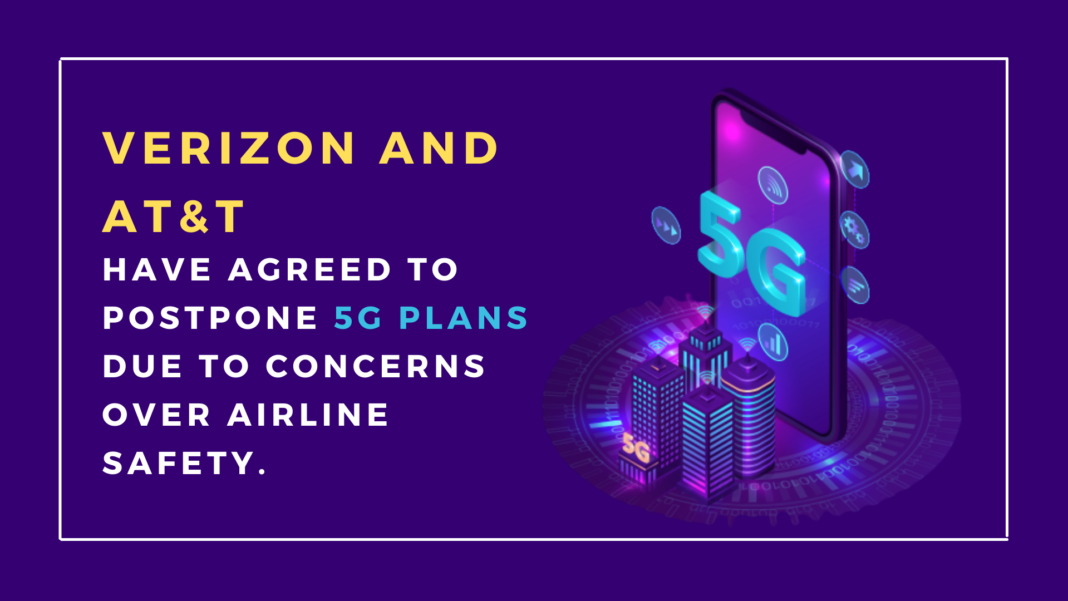Late Monday, Verizon and AT&T said that they had agreed to postpone the deployment of new wireless technology for two weeks in response to federal aviation authorities’ worries that the signals might pose a safety risk to planes.
The firms took the decision after first rejecting a request for a postponement made by Transportation Secretary Pete Buttigieg and Federal Aviation Administration Administrator Steve Dickson last week.
“We have voluntarily agreed to an extra two-week delay in our rollout of C-Band 5G services at Secretary Buttigieg’s request,” said Kim Hart Jonson, an AT&T spokesperson. Verizon spokesperson Rich Young said the business has accepted the delay as well.
Ms Jonson stated that AT&T was still “committed” to the two companies’ proposal to run the new portion of the 5G wireless network at lower power than usual at first, as well as other measures to address aviation authorities’ concerns.
The decision to put the new 5G service on hold, for the time being, avoids a showdown between the carriers, who had intended to debut the superfast wireless networks on Wednesday, and the FAA, which had warned it may effectively block certain aircraft owing to safety concerns about the technology. It’s unclear if the two sides will be able to achieve a long-term deal.
The conflict between aviation and the wireless sector has been simmering for years, but it has reached a head in recent months as the launch of the new 5G service approaches. Verizon and AT&T have already agreed to postpone the launch of their new service from December until January.
Wireless carriers created their latest 5G service using radio frequencies that regulators were concerned may interfere with gadgets used by pilots to land flights in bad weather. Radio altimeters are devices that measure how high a plane is above the ground when it lands. When landing in bad visibility, pilots rely on their equipment to safely navigate them to the runway.
The F.A.A. has threatened to bar pilots from using the equipment if cellular companies turn on their new 5G service. After holiday travel was disrupted by flight delays and cancellations caused by inclement weather and personnel shortages, the agency and aviation groups warned that some commercial planes might be grounded or rerouted.
To address worries that their signals may disrupt flights, Verizon and AT&T have promised to run their 5G equipment at lesser power than usual for six months. They also claimed they will limit the power of 5G signals near airports even further, similar to what carriers did in France to address concerns.
























































